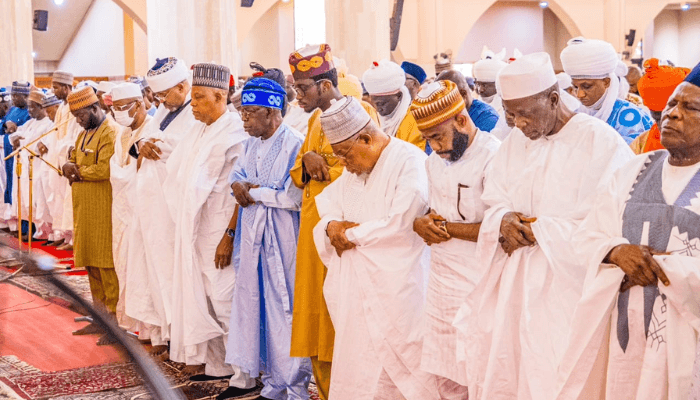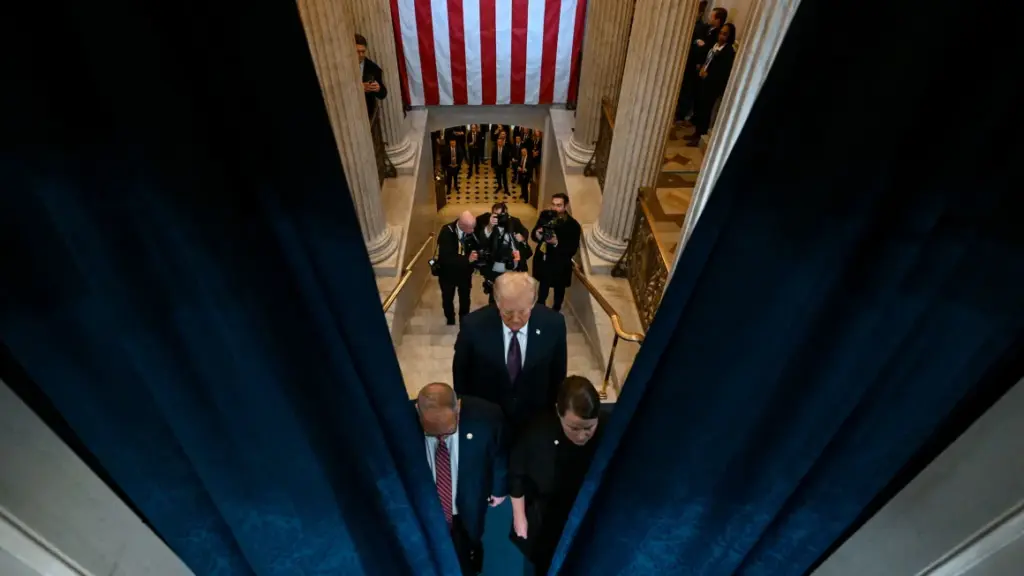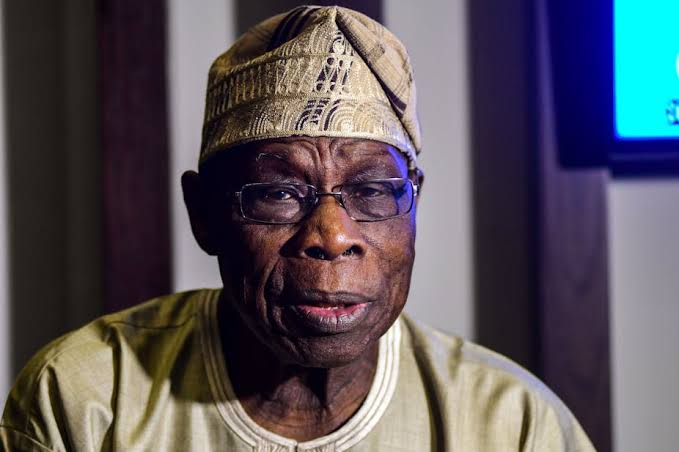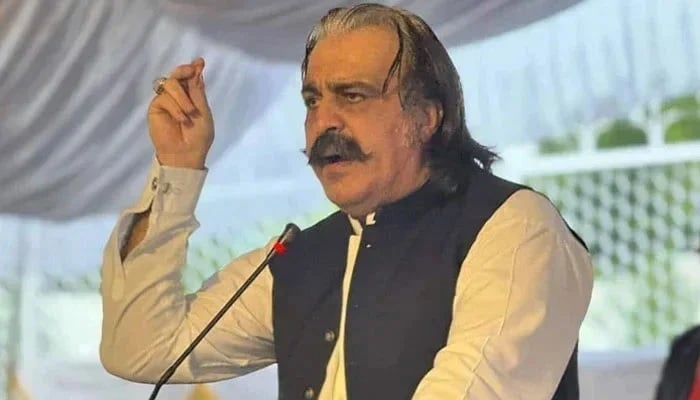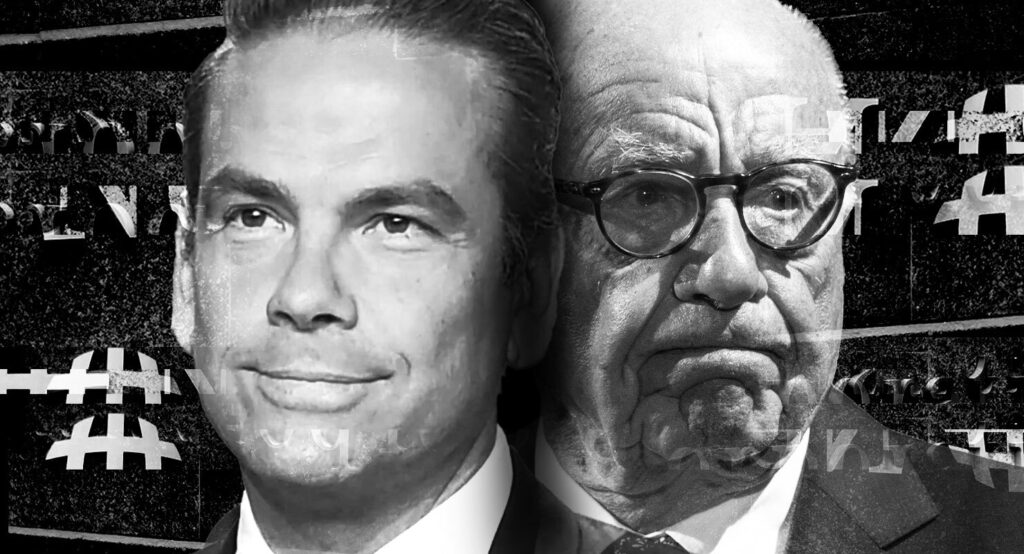Shorten, for all his faults, leaves with a substantial legacy
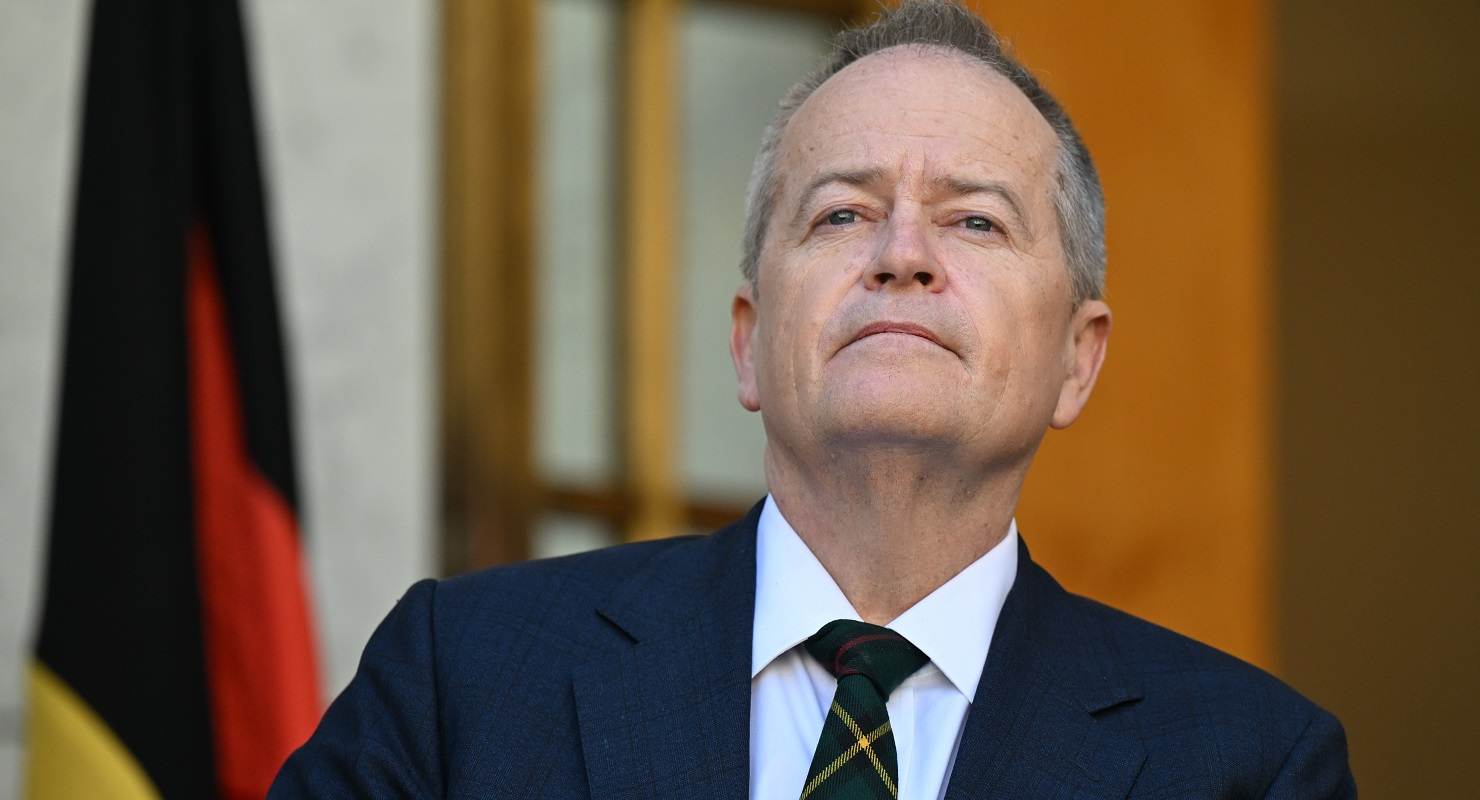
Politics tamfitronics
It doesn’t seem, at least to this correspondent, that long since Bill Shorten arrived in Canberra, wearing the tag “future prime minister” that had been draped over him ever since the Beaconsfield mine disaster gave him a national platform to display his excellent media training. In fact it’s been 17 years, 18 by the time he quits in February, and two failed attempts to become prime minister, and two ministerial stints focused on what will surely be his enduring legacy, the National Disability Insurance Scheme.
It was Shorten who as a parliamentary secretary in the Rudd government not merely lifted the profile of Australians with disabilities and the need for the country to do better by them, but championed disability services reform, beginning Labor’s trajectory toward the establishment of the NDIS. Under Julia Gillard, Shorten had carriage of the Future of Financial Advice (FOFA) reforms, not to mention the minor issue of industrial relations.
FOFA was bitterly contested by the Coalition, the big banks — who all ran disgraceful wealth-management businesses — and the financial planning community. Like all ministers back then, Shorten had to negotiate legislation through the lower house as well as the Senate, and managed to land FOFA in 2012. The Coalition would try, and fail, to repeal it when in government, but it has since become part of the financial regulation furniture.
It’s important to remember that fight, and what history tells us about it. Shorten and Labor were absolutely right to take on the banks, shonky financial planners and their political supporters in the Coalition, to help bring an end to the shocking rorting by the big banks’ and AMP’s wealth management services. It would take the banking royal commission to fully expose the industry’s disgusting behaviour — Labor under Shorten was initially cool on a royal commission, but when he joined the Greens in calling for one, it created unsustainable pressure on Malcolm Turnbull (at the 2016 election debate in western Sydney, Turnbull had accused Shorten of “wanting to put the banks in the dock”, under the illusion that would prompt disapproval from the audience, but instead they cheered). But FOFA — which is now fashionably blamed for making financial advice too expensive — was a crucial step in making wealth management and retirement incomes safe for ordinary Australians.
As opposition leader from 2013, Shorten survived the Abbott government’s attempt to destroy him via the trade union royal commission, and almost brought Turnbull undone in 2016 with a wholly unscrupulous but savagely effective campaign around the fictional privatisation of Medicare. And right up until he lost the unloseable 2019 election, he received the kind of loyalty and support from his colleagues that he had signally failed to provide Rudd and Gillard, whom he serially plotted against in favour of the other.
That, along with his inexplicable support for the likes of Kimberley Kitching, shoehorned into the Senate at Shorten’s insistence in 2016, would permanently shroud Shorten’s political character even as he seemed set for victory in 2019. Shorten, like John Hewson, will forever be known for snatching defeat from the jaws of victory. But like Hewson, Shorten — along with his shadow treasurer Chris Bowen — perished on the hill of good policy.
Most of the media constantly bleat about the dearth of good economic reform by the current generation of politicians; Shorten did the right thing and took a suite of good reforms to an election, only for the likes the notionally pro-reform Financial Review and the Murdoch press — Shorten, uniquely for a political leader, refused to kiss the ring of Rupert — to demonise it as class warfare. To see the media now talking about the housing crisis is to be reminded of the toxic role played by the media in attacking Shorten’s sensible proposal to limit negative gearing to new residential construction.
Things may change in the future. Some of the reforms proposed by Hewson in 1993 are now deeply, and incontestably, embedded in Australia’s economic framework. One can only hope some of the excellent reforms proposed by Shorten and Bowen in 2018 — especially negative gearing and ending the appalling franking credits rort — similarly become part of the furniture in the future.
Ultimately, though, it will be the NDIS that is Shorten’s legacy, given he was a key progenitor of it, and the minister charged with bringing it under control after Labor returned to power. His current reforms — tortuously negotiated through Parliament and with the states and territories — are decried by disability advocates (who no doubt feel betrayed given Shorten in opposition denounced every Coalition reform as an existential threat to the program) as some sort of fundamental assault. In fact, not merely will NDIS funding remain at record levels, but it will continue to grow, albeit at hopefully a far slower rate than the double-digit growth Labor inherited. Arguably no-one else could have negotiated such a package of changes — only Shorten, one of the people responsible for the very existence of the NDIS, could so aggressively pursue reforms to rein the program in.
If the tag “future prime minister” was never fulfilled and his powerbroking role in the Rudd and Gillard governments was a blight on his record, Shorten proved an unexpectedly positive influence on the quality of discourse in Australian economic debate. He leaves, in the NDIS and FOFA, a substantial policy legacy. As the Albanese government struggles to makes it mark, he’s a reminder that if good policy isn’t always good politics, politics can still be a vehicle for good policy.
How will you remember Bill Shorten’s political legacy? Let us know your thoughts by writing to [email protected]. Please include your full name to be considered for publication. We reserve the right to edit for length and clarity.
Discover more from Tamfis Nigeria Lmited
Subscribe to get the latest posts sent to your email.



 Hot Deals
Hot Deals Shopfinish
Shopfinish Shop
Shop Appliances
Appliances Babies & Kids
Babies & Kids Best Selling
Best Selling Books
Books Consumer Electronics
Consumer Electronics Furniture
Furniture Home & Kitchen
Home & Kitchen Jewelry
Jewelry Luxury & Beauty
Luxury & Beauty Shoes
Shoes Training & Certifications
Training & Certifications Wears & Clothings
Wears & Clothings





